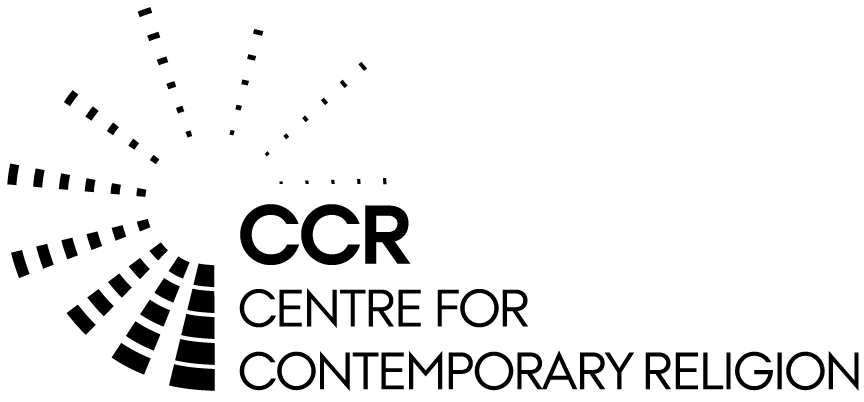Alliances and discourses around the construction of a hegemonic consensus.
The Argentine Catholic Church's role in the crisis and exit of the convertibility regime (1999-2002) A presentation by Gustavo Motta, arranged by the Centre for Contemporary Religion SamtidsReligion.
Info about event
Time

Abstract
Along with the tragic and unprecedented social scene, whose origin refers to the
economic policies of the last military dictatorship, during the crisis and exit from the
convertibility regime, we witnessed the political clash between two dominant sector blocks
around the building of a consensus concerning the interpretation of the crisis. Some authors
regard the "Catholic Church" as ‘another agent’ in that symbolic conflict. However, we do
not have an exhaustive analysis of what the Church exactly ‘said’ and ‘did' in that context.
Therefore, some questions arise: What was the hegemonic interpretation of the episcopalhierarchy
about the convertibility crisis? How were the political and economic fields and the
practices of their agents conceived? What assumptions were present in its speech so as to
establish itself as a legitimate agent of intervention in the earthly world? Would it be correct
to characterize the bishops members of the AEC's (Argentine Episcopal Conference) as
"contenders" of the economic or political field amidst a dispute taking place in these fields?
Hence, reducing its vast heterogeneity to another -Argentine Episcopal Conference-, our aim
is to contribute to, deepen and problematize, within the field of economic sociology, the
complex ideological framework that worked behind the collective construction of the
episcopal speeches in the context of the crisis and the exit from the convertibility regime.
